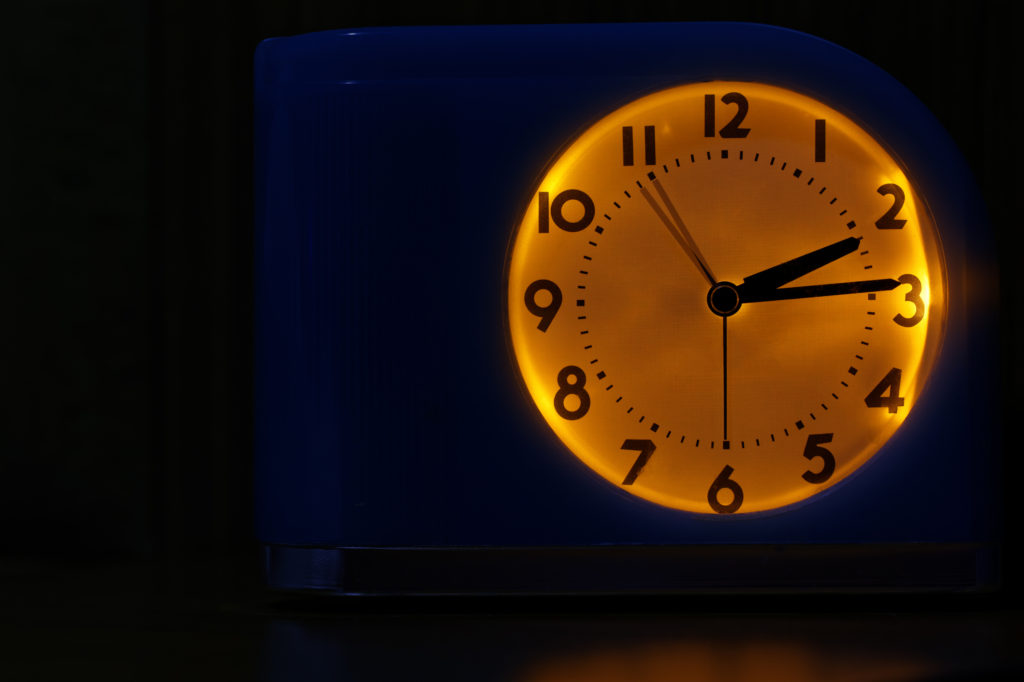
What are Circadian Rhythm Sleep-Wake Disorders?
Circadian rhythm sleep-wake disorders are problems with an individual’s internal “body clock” that can disrupt sleep. Individuals with circadian rhythm disorders often feel like their “body clock” or circadian rhythms are out of sync with the rest of society. They can be isolating conditions as people function on a different schedule from their friends, family, and colleagues. These disorders can also limit employment and social opportunities. There are several types of circadian rhythm disorders. These include:
Delayed Sleep-Wake Phase Disorder (DSWPD): This is where a person’s “body clock” is delayed by several hours. People with DSWPD are considered “night-owls”. People with DSWPD prefer going to bed and getting up later than fits with a conventional 9 -5 workday. For example, sleep comes easily at 3 am but not at 11 pm. They struggle to fall asleep early in the evening as their circadian rhythms are timed later.
Advanced Sleep-Wake Phase Disorder (ASWPD): In contrast to DSPD, ASWPD is where a person’s “body clock” is timed too early or advanced. ASWPD are considered “early morning larks.” People with ASWPD get sleepy early and wake very early; e.g., they feel tired at 8 pm and wake at 4 am. This can have a significant impact on people’s social lives.
Irregular Sleep-Wake Rhythm Disorder: People with this disorder have no regularity or pattern in their sleep and wake pattern. Sleep comes in bits and pieces across the day. People with this condition can have difficulty maintaining wakefulness during the day but experience insomnia-like problems at night.
Non-24 Sleep-Wake Disorder: As the name suggests, people with this sleep disorder have a circadian clock longer than 24 hours. People tend to go to bed and wake up progressively later each day. Their sleep-wake pattern slowly cycles around the clock.
Shiftwork Disorder: People with shift work disorder often don’t sleep as well as people who work a typical 9-5 job. They can also have difficulty maintaining alertness and concentration when awake. This is because shift workers often need to be asleep and awake at times that work against their “body clock”.
How can psychology improve Circadian Rhythm Sleep-Wake Disorders?
A psychologist can help work on strategies to entrain your circadian rhythms to a schedule that fits your work and lifestyle better. This can include information on regulating your circadian rhythms with sleep/wake scheduling, appropriately timed light exposure, exercise, and mealtimes. Shifting your circadian rhythms can be hard to maintain over time (as you have probably experienced!). A psychologist can help to build and maintain your motivation to follow the new schedule and keep your rhythms on track. They can also provide counseling around career and lifestyle factors that may suit your circadian rhythms better.